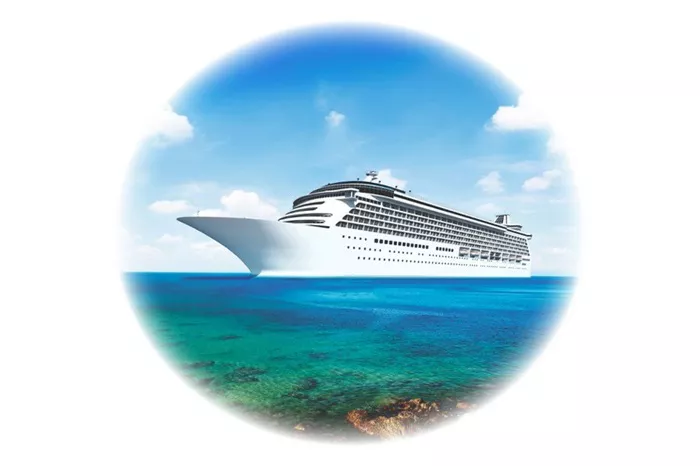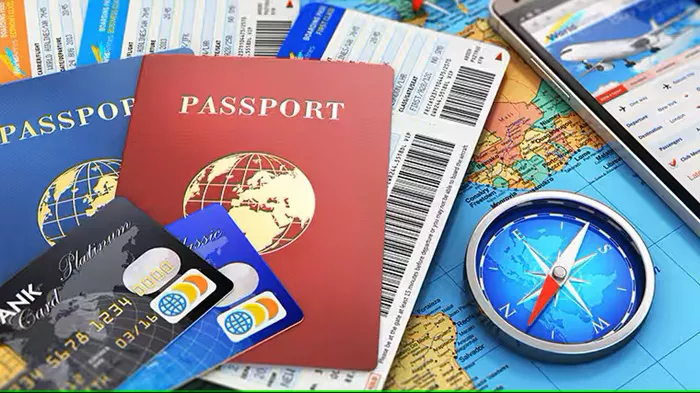When planning your next holiday, it’s essential to consider how long before your departure you should secure insurance. Knowing the optimal timing for purchasing holiday insurance can significantly impact the coverage you receive and how prepared you are for unforeseen events.
By understanding the best time to buy insurance, you can ensure comprehensive protection and avoid potential issues that might arise before and during your trip. In this article, we will explore the ideal timing for purchasing holiday insurance, the factors influencing these timelines, and the benefits of securing coverage early.
Understanding Holiday Insurance
What Is Holiday Insurance?
Holiday insurance, also known as travel insurance, provides financial protection against unforeseen events that can disrupt your trip. It typically covers medical emergencies, trip cancellations, lost luggage, and other travel-related issues. This type of insurance ensures that you are safeguarded against unexpected expenses and inconveniences during your holiday.
Why Is Timing Important for Holiday Insurance?
The timing of your insurance purchase affects the coverage you receive and the conditions under which you can make claims. Purchasing insurance too late may result in limited coverage, while buying it too early may not provide the full benefits. Understanding the optimal timing can help you maximize your coverage and avoid unnecessary complications.
When to Purchase Holiday Insurance
Booking Insurance Immediately After Booking Your Trip
One of the best practices for holiday insurance is to purchase it immediately after booking your trip. This approach ensures that you are covered for any issues that may arise before you even start your journey.
Benefits of Early Purchase
Coverage for Trip Cancellation: If you need to cancel your trip for a covered reason, early insurance can provide reimbursement for non-refundable expenses.
Protection Against Pre-Existing Conditions: Early purchase may allow for coverage of pre-existing medical conditions, which can be excluded if you buy insurance closer to your departure date.
Peace of Mind: Securing insurance early provides peace of mind, knowing that you are protected from unforeseen events that could affect your travel plans.
Factors to Consider for Timing
Type of Trip
The nature of your trip can influence the ideal timing for purchasing insurance. For complex trips involving multiple destinations or activities, buying insurance early is particularly beneficial. This ensures comprehensive coverage for various scenarios.
Destination
Your destination also plays a role in determining the right timing. For travel to countries with higher healthcare costs or political instability, securing insurance as soon as possible is advisable to ensure adequate coverage.
Duration of Coverage
Consider the duration of your coverage when purchasing insurance. If your trip spans several months, securing insurance early can ensure that you are protected for the entire duration.
Optimal Timing Guidelines
General Rule of Thumb
As a general rule, it is highly recommended to purchase holiday insurance within 14 days of booking your trip. This early purchase allows you to access a wide range of comprehensive coverage options and benefits, which are often not available if you wait until closer to your departure date.
Why 14 Days Is Ideal
The 14-day window after booking is particularly important for trip cancellation coverage. Many insurance policies offer a “free look” period during which you can cancel the insurance and receive a full refund if you change your mind. This period usually extends for a short duration, often around 14 days. Within this timeframe, you are also eligible for coverage related to pre-existing conditions if applicable, which is a significant advantage for travelers with medical concerns.
See Also: When Should Holiday Insurance Start
Specific Timing for Different Types of Coverage
Trip Cancellation Coverage
To ensure comprehensive protection for trip cancellation, it is advisable to purchase your insurance within 14 days of booking your trip. This timing is crucial for several reasons:
Early Cancellation Coverage: Purchasing within this period allows you to claim reimbursement for trip cancellations due to unforeseen events, such as illness, injury, or other covered reasons. If you buy insurance after this window, some policies may not cover cancellation reasons that arise before the policy is purchased.
Higher Reimbursement Limits: Early purchase often means higher reimbursement limits for cancellations. Policies bought later may have reduced coverage or stricter conditions.
Additional Benefits: Some policies offer additional benefits, such as coverage for pre-paid non-refundable expenses, only if the insurance is purchased within the initial 14-day period.
Medical Coverage
For medical coverage, especially if you have pre-existing conditions, purchasing insurance as soon as possible is highly recommended. The sooner you secure your policy, the better:
Pre-Existing Conditions: Many insurance providers have clauses related to pre-existing conditions that require early purchase. If you wait until closer to your departure date, coverage for pre-existing conditions might be excluded.
Immediate Protection: Early purchase ensures that you have coverage from the moment you make your payment, which is essential for unexpected medical emergencies that could occur before or during your trip.
Peace of Mind: Having medical coverage in place well before your trip can provide peace of mind, knowing that you are protected against potential health issues that could arise.
Travel Delay and Interruption Coverage
For travel delay and interruption coverage, purchasing insurance at least 30 days before your departure is generally advisable:
Coverage for Delays: By buying insurance at least 30 days in advance, you are more likely to be covered for various types of travel delays, including those caused by weather conditions, transportation strikes, or other unforeseen events.
Interruption Coverage: This timing ensures that you are also protected against interruptions during your trip, such as sudden changes in travel plans or early return due to emergencies.
Enhanced Benefits: Policies purchased well in advance may offer enhanced benefits for travel delays and interruptions, including higher compensation limits and broader coverage.
Common Mistakes to Avoid
Waiting Until the Last Minute
Waiting until the last minute to purchase insurance can lead to gaps in coverage and missed benefits. Always aim to secure your insurance well in advance to avoid complications.
Overlooking Policy Details
Failing to thoroughly review policy details can result in unexpected exclusions and limitations. Take the time to understand the terms and conditions of your policy to ensure comprehensive coverage.
Not Considering All Travel Risks
Consider all potential travel risks when purchasing insurance. Ensure your policy covers various scenarios, including medical emergencies, trip cancellations, and travel delays.
Conclusion
In conclusion, understanding how long before holiday you need insurance is essential for maximizing your coverage and ensuring peace of mind during your trip. By purchasing insurance promptly after booking, considering factors such as the type of trip and destination, and adhering to optimal timing guidelines, you can safeguard yourself against unforeseen events and enjoy a worry-free holiday.
Securing holiday insurance early not only provides financial protection but also ensures that you are covered for a range of potential issues that could arise before and during your trip. By following the advice outlined in this guide, you can make informed decisions and travel with confidence, knowing that you are well-prepared for any eventuality.






















